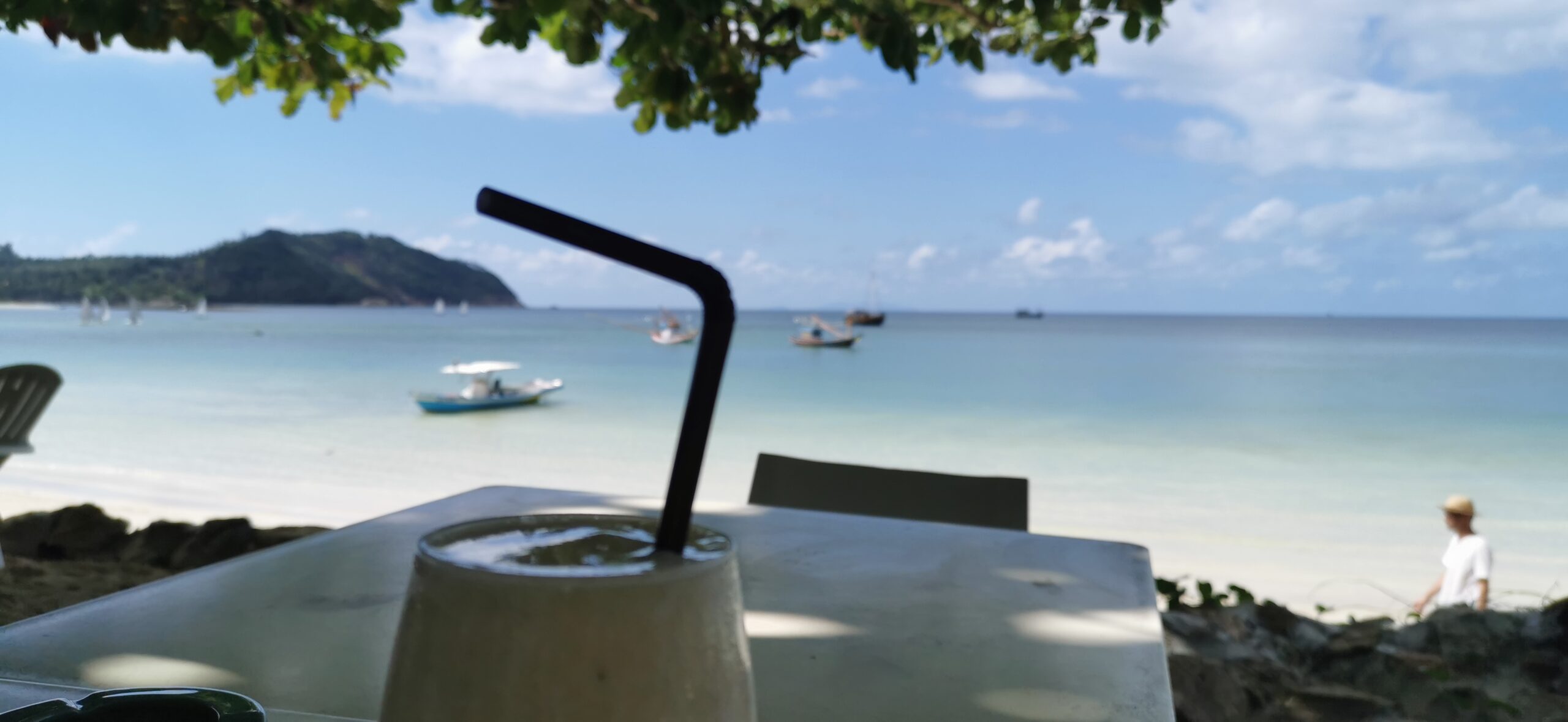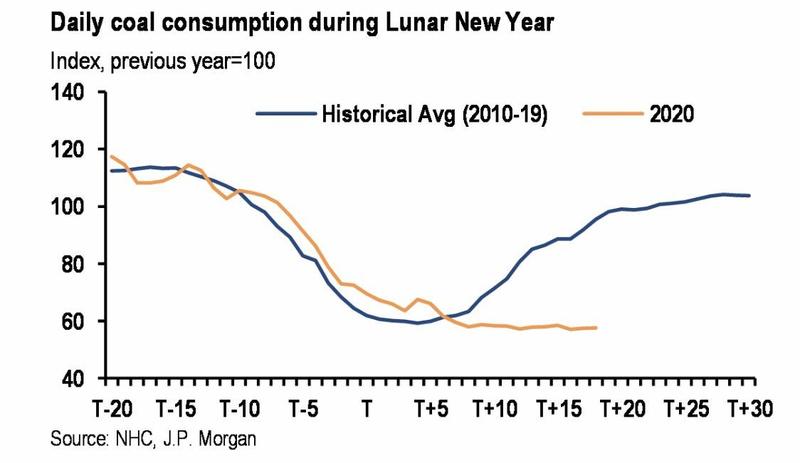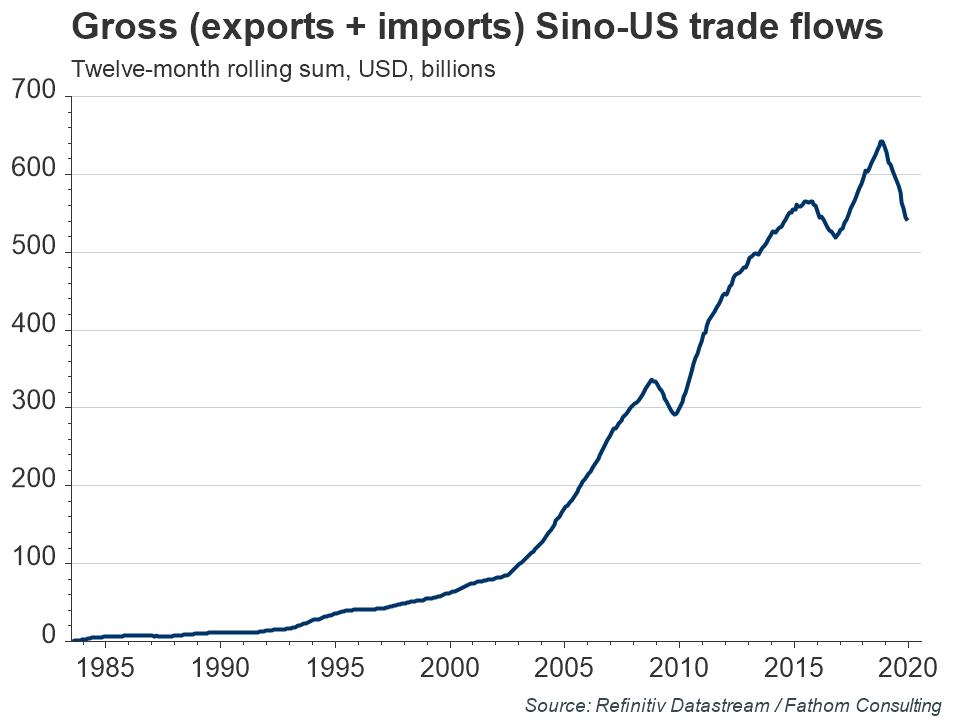
Thai Bike Accidents, Coronavirus and Dealing with Uncertainty
Two days ago I had a wonderful motorbike trip around the idyllic Thai island of Koh Phangan after attending a yoga/meditation festival. It was great to have the freedom to check out different nooks and crannies on the island. I also loved the daily ritual of celebrating sunset on the so-called Zen Beach. Yes I was really summoning my inner hippie. But its a delightfully communal event and the drumming and singing is a great end to the day.

I took basic precautions when driving around the island: I made sure I was super aware all the time, kept my speed significantly lower than other foreigners, followed my intuition and planned not to go out when the bulk of the traffic accidents happen, later at night. Everything worked out perfectly until, against my intuition, I went out on an errand late at night. I woke up in hospital having been hit my another bike.
I have a bunch of cuts, and am feeling quite sore, but it could have been much, much worse. Despite knowing that driving a scooter on a Thai island was very risky, I went against my intuition. In fact, some people have told me someone dies everyday on neighbouring Koh Samui. I’ve tried looking up statistics but I’m sure any official numbers will under report the reality. Whatever the actual number is, it’s fair to say that its pretty dangerous. And it got me thinking a bit about the coronavirus and managing uncertainty – again!
A Crazy Start to the 2020s
In line with our general models, the decade has commenced at a break neck speed: for a moment it looked like we were close to war with Iran with the assassination of its most senior military leader General Soleimani, we have seen locusts plagues of biblical proportions break out in the middle east, the UK finally left the EU (ultimately threatening the entire Euro project), and now fears are spreading that the Covid 19 could turn out to be quite a serious pandemic.
My message has been pretty consistent: we are living at a time of great change. Intrinsically this is not good or bad, it really depends on how you want to frame it. The first futurist who worked for a corporate was Pierre Wack, who worked at Shell. He called futurism the “subtle art of reperception” in a famous article at the Harvard Business Review.
First of all how do I see the situation?
Coronavirus Situation – Quiet before the Storm?
Given the huge response by authorities in China in executing the largest quarantine in history, and the unprecedented action of some many countries to blocking flights from China, one has to wonder whether this was all a storm in a teacup. I think the strong response is due to a number of reasons. First, China wanted to really get ahead of the curve and contain this. Second, China wanted to prove that it was a modern nation and capable of dealing with disaster. They really do care about their domestic and international reputation. Third, the authorities realised fairly early on that this was quite serious.
One of the really tricky things is how difficult it has been to diagnose the coronavirus. There is a long asymptomatic incubation period. A woman in Guangzhou had successfully gotten through a 2 week probation period and then symptoms emerged on the 15th day. She wasn’t officially diagnosed until 6 days after that. They have had similar problems on the ship in Japan – the Diamond Princess – where authorities broke the quarantine and then the subsequently found people to have the virus. Outside experts have said that the Japanese were only doing their best under very challenging conditions.
Furthermore Covid 19 appears to be highly contagious. The rate at which is infects others, the R0 [pronounced R naught] seems to be higher than most thought. The virus appears to be able to survive on surfaces for more than a week and it is aerosol, which means it can linger in the air.
It’s entirely possible that Covid 19 ends up as a serious global pandemic, on par with the Spanish flu. It seemed obvious in looking at the next decade that we would be challenged by a meaningful pandemic. Even Netflix produced a series recently! That said, the Chinese authorities have said some very encouraging things today about new cases dropping and I don’t regard everything they say as propaganda.
The most important thing is how do you deal with the situation. But before I address that…
Economic Damage -Major Supply Chain Disruption?
However, whilst the authorities might avoid the worst human outcomes of the disease, there will be an economic toll. Already one could argue that the global economy was functioning at stall speed as Stephen Roach, my former colleague, the former Vice Chairman of Morgan Stanley Asia recently said.
Within China we can look at various metrics. Morgan Stanley has suggested looking at the drastic drop in air pollution vs. normal seasonal patterns as evidence of a big drop in industrial production: in Guangzhou, Shanghai and Chengdu air pollution was only 20-50% of the historical average.
Daily coal consumption has also not had the normal post Lunar New Yer rebound:

One must recognise the specialist nature of our global supply chains and how this can incapacitate trade. Quite often only only supplier dominates the global supply of any given widget. They say 80% of US antibiotics are produced in China.
The global economy is already quite susceptible at this moment, and stock markets around the world don’t really reflect the risks. Corporate earnings have probably fallen 4 quarters in a row, even if a GDP recession was avoided. And despite this the market is up 30%. Over the last 11 years the market is up 500% to valuations we have only seen twice in recent history.
The former Merrill Lynch Chief Economist, David Lynch, has noted how the ‘normalised’ New York Fed’s recession probability model breached 80% in the summer months and how this cant really be ‘taken back.’ Even though its subsided now with the Feds increase in liquidity, this reading has been followed one year later by recession every time in the last 5 decades.

A Reframing
So net net, we are facing some pretty serious change and uncertainty, whatever happens. However, being the rabbit in the headlights doesn’t help anyone!
Here are some positive reframes which might be useful:
The good news is that the Chinese response has been quite phenomenal. I don’t think the foreign media has given China much credit because its become fashionable to be anti Chinese at the moment. Long time China watcher Robert Kuhn – who I’ve met a few times – this last week in the South China Morning Post said that he’s never seen anything like this in 30 years looking at China. Robert is a real China expert and highly connected on the mainland. He regularly appears on Chinese TV and wrote an autobiography on Jiang Zemin:
“China’s mobilisation is unprecedented in global health history. Nowhere could it work like it works in China. And the reason it works relates to how the party system works. It is the same kind of commitment and mobilisation that the party has been using to win the battle against poverty since around 2012, lifting the final 100 million poor people out of absolute poverty, coordinating party leadership and organisations at central government and five levels of local government – provincial, municipal, county, township and village. The structural similarities between China’s war on the coronavirus and its war on poverty are striking.”
Second, you could choose to see this crisis as an opportunity to develop new work habits and cultivate cultures for the future; cultures of innovation, creativity and resilience. The key is to create very human cultures – as these are the key to the future as we shift to an AI world.
Creating a virtual workplace – for example – which is focused on being human-centric and connected instead of focused on merely technological connectivity could be powerful. Ask an athlete – when one encounters adversity motivation and inspiration is everything. In the same vein, flow is something very useful to explore.
Third, crisis always presents opportunities. In the 1930s many great organisations were built, as were they in the post Dotcom bubble in the early 2000s. Just think that many of the big Silicon Valley companies were essentially born in to the aftermath of the crisis. Whether you want to be a leader of a social movement or display leadership in a profit-making corporation, now is a great time to enact the new.
Bike Accidents – and Waking Up
I woke up on Sunday. Everyone was still talking about Coronavirus; and yet no one was talking about the fatality risk of driving a bike on Koh Phangan. In the end I was in a hospital and could have been maimed or even killed. I never knew that someone died every day on the neighbouring island of Koh Samui, which is a bit bigger.
Our assessment of risk, is often very confused and inaccurate. But even the there is risk, it’s important to be aware of it. And it’s also important to approach the future in a proactive and positive way.
